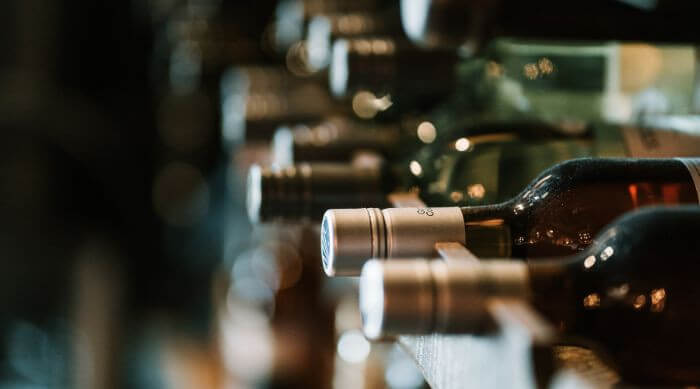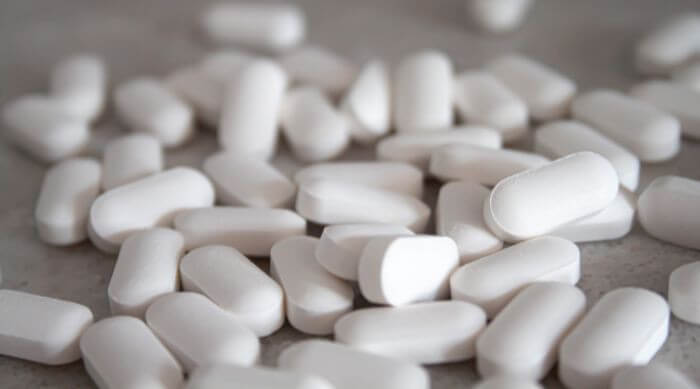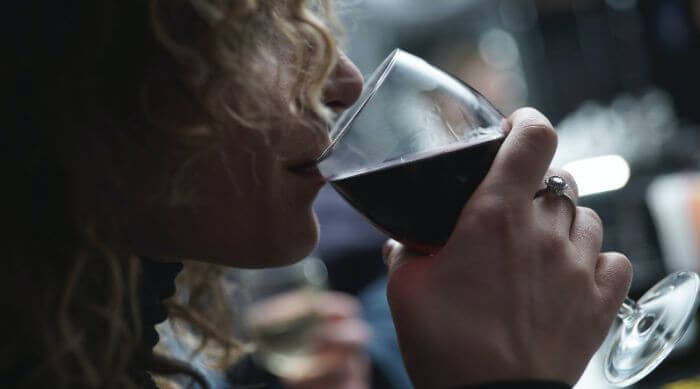We’ve all heard the saying “to age like fine wine,” but how true is this statement? If you've ever encountered a forgotten bottle of wine in your pantry, you've probably asked yourself, how long does unopened wine last?
Under optimal circumstances, an unopened bottle of wine can last for years, even decades. That doesn't mean every type of wine can endure this test of time, though.
Many wines are intended to be consumed within a few years of production. There are outliers, like the fine wine varieties of Cabernet Sauvignon, Pinot Noir, and Chardonnay that are crafted for longer shelf life and improve with age.
From your everyday table wine to a precious bottle of vintage Port, the shelf life of unopened wine is influenced by several factors. Let’s answer how long wine lasts when stored properly and how to know when it’s no longer suitable for consumption.
Table of Contents
Ways To Tell if Your Wine Has Gone Bad
Tips To Properly Store Your Unopened WineStoring Your Opened Wine
Does Unopened Wine Go Bad?
Unopened wine can “'go bad,” but by “going bad,” it means that the wine will become less enjoyable to drink. Wine that has gone bad will not likely make you sick like spoiled food.
Does wine expire? Wine isn't like a jar of peanut butter with a printed expiration date. The expiry date of wine is often elusive because it is not a fixed date like we commonly see on grocery store food items. Some wines are made to be consumed immediately. Others, like fine wine or aged wine, can improve with time.
Like milk curdles or bread molds, wine can undergo spoilage, but the process for wine is quite different. Wine doesn't 'expire' in the traditional sense. Instead, it loses its character and vibrancy, rendering it dull and unpalatable.
How long can you keep an unopened bottle of wine? The time for an unopened bottle of wine to go bad depends on various factors, including the type of wine, the quality of the wine, its alcohol content, and storage conditions.
What is the shelf life of unopened wine? The shelf life, or how long wine lasts, is based on the average type of wine:
- Red Wine — Red wines typically have a longer shelf life than white or rose wines because of their higher tannincontent. The tannins act as a natural preservative. On average, an unopened bottle of red wine can last anywhere from 2 to 10 years or more, with lighter reds being on the shorter side. High-quality red wines, like Bordeaux or Barolo, can age well for several decades if stored properly.
- White Wine — Unopened white wines generally have shorter shelf lives compared to red wines. On average, an unopened bottle of white wine can last around 1 to 3 years. Crisp, acidic white wines like Sauvignon Blanc or Riesling have a shorter shelf life than richer, oak-aged Chardonnays.
- Rosé Wine — Rosé wines are best consumed young and fresh. An unopened bottle of rosé wine can last 1 to 3 years, but drinking them within the first year is generally recommended to preserve their fruity and vibrant characteristics.
- Cooking Wine — These wines usually contain added salt and preservatives that can make them last longer than regular wine. Unopened cooking wine, stored properly, can last around 3 to 5 years.
- Sparkling Wine — Wines like Champagne and Prosecco are best consumed while fresh, chilled, and bubbly. An unopened bottle of sparkling wine can last around 1 to 3 years, but the carbonation may diminish over time, affecting the wine's effervescence.
- Fortified Wine — Fortified wines, such as Port, Sherry, and Madeira, have a higher alcohol content and are more stable than regular wines. Unopened fortified wines last longer, often around 4 to 20 years, sometimes even longer, depending on the style, storage, and quality of the wine.
- Dessert Wine — Often high in sugar and acidity that help with preservation, dessert wines, like Sauternes and Ice Wine, can last around 2 to 20 years or more.
Ways To Tell if Your Wine Has Gone Bad
Even with perfect storage conditions, it's essential to know how to spot a bad wine. Here are 3 simple steps to determine if your wine has gone bad:
1. Look at the Bottle
Inspect the wine bottle for any signs of spoilage. Check for visible signs of leakage or seepage around the cork or cap. If the seal appears compromised, it could indicate that air has entered the bottle, potentially affecting the wine's quality.
Look for any discoloration or sediment in the wine. While some sediment is normal in older red wines, excessive sediment or unusual colors in any wine may suggest spoilage or oxidation.
Where is the expiration date on wine? Wines don’t often have an expiration date. Look on the label or cork; you can usually find a production or vintage year mentioned. This indicates the year in which the grapes used to make the wine were harvested.
Some wines may have a "best before" or "drink by" date provided by the winemaker, but this isn’t a common practice.
2. Smell the Wine
The smell of a freshly opened bottle of wine can reveal a lot about its condition. A good wine should have a pleasant, complex array of aromas. Depending on the wine, you should be able to detect fruitiness, floral notes, botanicals, earthy aromas like oak, and even spices.
A bad wine often has a sharp, vinegar-like smell, a musty, moldy smell, or a heavy raisin smell, indicating that the wine is spoiled or over-aged.
3. Give the Wine a Taste Test
Tasting the wine will be a surefire way to know if it is still good to drink. Start with a small sip to check the wine.
A wine that has gone bad may taste overly sour, bland, or unusually sweet. Along with an uncharacteristic wine taste, a watery mouthfeel can indicate that your wine is past its prime.
For sparkling wines, the carbonation can either go flat or, in some cases, your wine will become extra fizzy. Those added bubbles are, unfortunately, due to secondary fermentation, and the wine may be contaminated with bacteria.
Remember, even if the taste is off, it's not necessarily harmful to your health but will undoubtedly impact your drinking experience.
Why Does Wine Go Bad?
Wine spoils due to a combination of chemical reactions, including oxidation, bacterial growth, and undesirable fermentation. Excessive exposure to heat, light, or oxygen can cause these reactions, altering the wine's flavor profile and leading to spoilage, even if the bottle is unopened.
Tips To Properly Store Your Unopened Wine
The key to a long-lasting unopened bottle of wine is proper storage. Keep your wine in a dark place, like a wine cellar or wine cooler, where temperatures and humidity are controlled. Lay the bottles on their side to keep the cork moist, preventing it from drying out and allowing oxygen to seep in.
If you don’t have a wine cellar or cooler, do your best to keep your wine away from direct sunlight and any heat sources.
How long does unopened wine last at room temperature? Unopened wine can typically last about 6 months to a year if stored at room temperature. Room temperature conditions, especially if on the warmer side, can accelerate the aging process and potentially degrade the wine.
Fluctuations in temperature can cause the wine to expand and contract, possibly damaging the wine and pushing the cork out.
Storing Your Opened Wine
Unopened wine can be stored for extended periods, but the same is not true for opened wines.
What is the difference between unopened wine and opened wine? The difference between unopened wine and opened wine is the exposure to oxygen, which accelerates the oxidation process.
If you’re trying to preserve an open bottle, reseal it with a stopper, then store red and white wines in the refrigerator to extend their life. Even with the best stopper, opened white and red wines last 3-7 days, while fortified wines like port or sherry can last up to several weeks.
What To Do When You Find an Old Bottle of Unopened Wine
Discovering an old bottle of unopened wine can be exciting. But before you decide to uncork it, check for signs of spoilage. If the wine seems to have aged well, it may still be in the drinking window.
Most wines are meant to be drunk within a few years of release. However, wine collectors take pride in the nuanced taste and longevity of their high-quality, aged wines.
A well-preserved old wine will have different tastes compared to a younger wine. It may have more complex, layered flavors or, depending on storage conditions, you may have wine taste more reminiscent of vinegar.
For wines with remarkable flavor profiles without alcohol, try any of our Surely non-alcoholic wine varieties. We bet those bottles won’t stay unopened for long!




